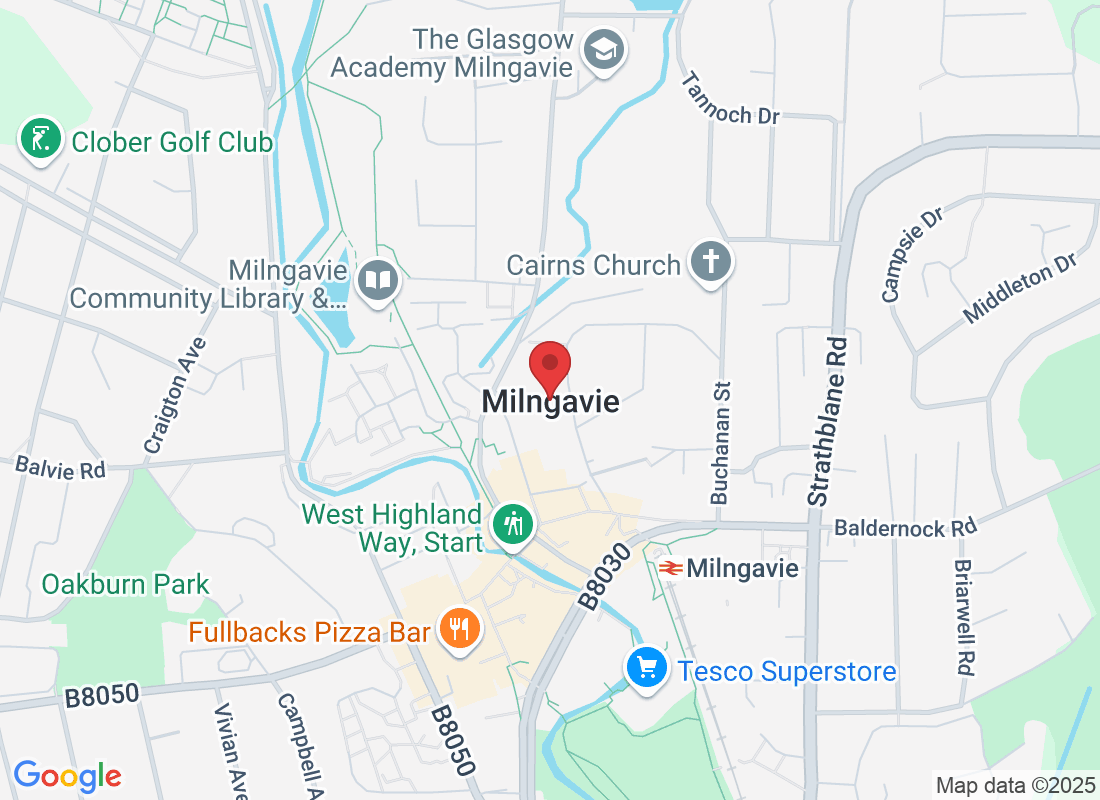
Living with Aphasia: How Speech Therapy Can Improve Communication
If you or a loved one has been diagnosed with aphasia, you might be feeling confused, frustrated, or even isolated. You know what you want to say—but the words just won’t come out right. Or maybe you find it hard to follow what people are saying to you.
Aphasia affects every part of your day-to-day life. It can impact conversations with family, ordering food at a café, or just saying what’s on your mind. But here’s the good news—help is available, and improvement is absolutely possible.
At Speech and Language Clinic Glasgow, we support adults living with aphasia through evidence-based, personalised speech therapy. Whether the condition has just developed or you’ve been living with it for years, we’re here to help you find your voice again.
What Is Aphasia?
Aphasia is a communication disorder that happens when the parts of the brain responsible for language are damaged—usually after a stroke, brain injury, or a neurological condition.
It doesn’t affect your intelligence. You’re still you. But it does make speaking, understanding, reading, or writing more difficult.
There are different types of aphasia, including:
Expressive Aphasia – when you know what you want to say but can’t find the words.
Receptive Aphasia – when you hear words but struggle to make sense of them.
Global Aphasia – when both understanding and speaking are severely affected.
Anomic Aphasia – when you struggle mainly with word-finding.
No two people experience aphasia the same way. That’s why therapy needs to be tailored—to fit your communication needs.
How Aphasia Affects Daily Life
Living with aphasia can feel like you’re locked out of your own voice. Even simple things like saying your name, answering the phone, or joining in a family conversation can feel daunting.
You might:
Speak in short, broken sentences
Use the wrong words without meaning to
Struggle to find the word you're looking for
Feel misunderstood or ignored
Avoid social situations altogether
This can lead to frustration, low mood, and a sense of isolation. But it doesn’t have to stay that way. With the right support, many people see real improvements in their ability to communicate.
How Speech Therapy Can Help
Speech and language therapy is one of the most effective treatments for aphasia. It’s not a magic fix—but with time, patience, and the right approach, it can bring incredible results.
Here’s how therapy at our Glasgow clinic can support you:
1. Rebuilding Language Skills
We use structured exercises to help improve speaking, listening, reading, and writing. These may include word games, picture naming, sentence building, and more.
2. Improving Word-Finding
We’ll work on techniques to help you access the words you need—when you need them. This might include using gestures, drawing, or cueing systems that jog your memory.
3. Strengthening Understanding
If receptive aphasia is present, we’ll help you practise following conversations, recognising words, and using context clues to boost comprehension.
4. Developing Alternative Communication
If speech is severely impacted, we’ll explore AAC (Augmentative and Alternative Communication) methods like communication books or apps, so you can still express yourself fully.
5. Training for Family and Carers
Aphasia doesn’t just affect one person—it impacts the whole family. We offer training to loved ones so they can communicate more effectively and confidently with you.
Tailored Therapy That Fits You
At Speech and Language Clinic Glasgow, we never take a one-size-fits-all approach. Every therapy plan is built around your unique needs, goals, and pace.
We meet you where you are—whether that means starting with basic words or working on holding longer conversations. It’s all about moving forward, one step at a time.
Therapy can take place in our clinic, at home, or even online if needed. And we’re always here to adjust things as your abilities grow.
Real Progress, Real Hope
Progress with aphasia can be slow at times, and it’s easy to feel discouraged. But we’ve seen first-hand just how resilient the human brain can be. With consistent support and the right tools, many people living with aphasia:
Regain speech clarity
Rebuild relationships
Return to work or hobbies
Feel more confident and in control
You don’t need to do this alone.
Reach Out – We’re Here to Help
If you’re ready to explore speech therapy for aphasia, or even if you just have questions, we’d love to speak with you. At Speech and Language Clinic Glasgow, we’re here to guide you every step of the way—with compassion, experience, and encouragement.
Let’s start rebuilding your confidence in communication—together.



